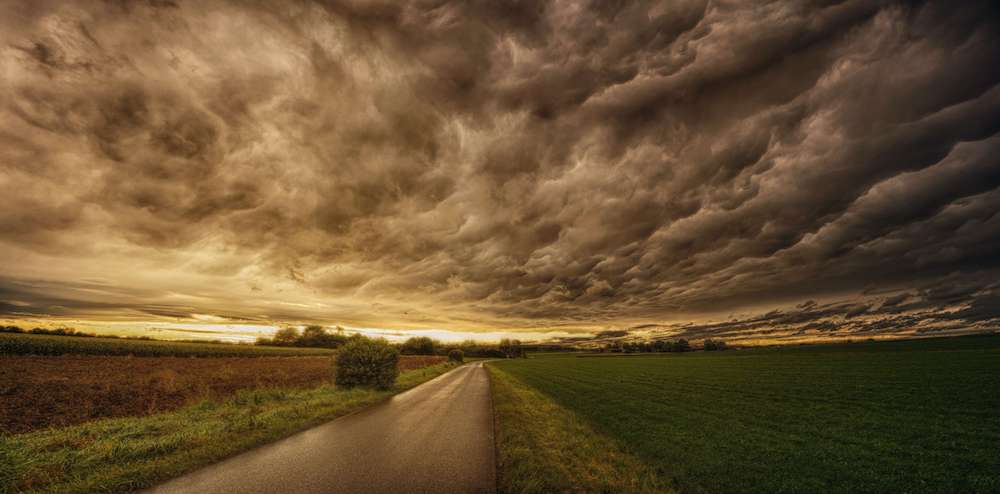Note to Readers: Hurricane Irma is causing physical and emotional destruction. Hurricane Harvey victims are just beginning to deal with the aftermath. Children are experiencing much fear and anxiety. Tornado warnings and taking cover in the basement occur frequently in Georgia. To reduce fear and chaos when the alarms go off, we had our daughter create, prepare, and decorate her own safe spot. Empowering children helps them to cope with frightening weather. Even a simple flashlight designated their “own” can empower children. Staying calm and having the tools to manage anxiety can transform this potentially frightening experience for children. Prepare emotionally for a tornado or hurricane. Thanks to Allison for sharing these great tips about children and natural disasters.~ Lori Lite
By Allison Gamble
The loss of stability and safety as a result of a natural disaster can fracture the foundation of a child’s existence. It doesn’t take a psychology degree to know that parents, already frazzled with returning life to normal after a hurricane, earthquake, or other disaster, can forget to soothe their anxious children, fuel each others stress levels, creating a cycle as vicious as a tornado. By helping your kids understand the situation, you’re helping them gain valuable coping skills to be used throughout the rest of their lives.
Families who live in areas prone to natural disasters, and those who have received advance forecasts of such an event, can assemble survival kits with their children. Children who participate in preparing for a natural disaster feel they have more control. In addition to the essential items such as water, food, clothing and medicines, include items to occupy and channel feelings. These can include decks of cards, a board game, activity books, coloring books, pads of paper, colored pencils and books to read. Working together will provide time for talking.
Putting together a family survival kit is an excellent opportunity to have open discussions with children providing age appropriate explanations of what may happen, discussing plans and answering their questions directly and honestly. A parent caught making things up may become a parent not to be trusted when giving further information. Parents who do not have the time to preplan anything need to make time to have these discussions as soon as possible after the disaster.
Please enjoy a free download of FEMA recommended A Boy and a Bear to help children manage big feelings.
Ongoing and reassuring communication is a key element in reducing stress levels. If children are withdrawn and unwilling to talk, they may feel more comfortable expressing their feeling through drawings, journal entries or stories. Art can be a healthy means of communication and should be promoted. But, beware, there are sources of information that are likely to make children suffer additional anxiety.
A bombardment of media coverage will be available through cyberspace, airwaves and media print. Children can find a constant barrage of commentary about national disasters broadcast on televisions and other media distressing and puzzling. Exposure time to the influx of information provided by the media should be carefully monitored. Natural disasters are not routine in nature, and restoring routine is essential to the mental health (for both you and your child).
Restoring routine for children provides them with a comfort zone, a return to life before the disaster. Simple things like eating meals together, being responsible for chores and family time can establish routine. And, routine reinforces stability. Limiting change and maintaining as much normalcy as possible helps to protect children from unnecessary stress. A child’s ability to once again be responsible for routine daily functions is an indicator of how they are handling the tension and anxiety brought about by the disaster.
There are many resources available to parents for support. Prepared parents are a child’s most valuable asset during and after a crisis. Stress is bound to be a factor after a natural disaster. How a child deals with this stress falls on the shoulders of the parents. Steps to keep stress at a minimum include open and honest, age-appropriate communication, restoring routine as quickly as possible and being vigilant to signs of a need for professional help. Stress does not have to become a vicious cycle or create lifelong repercussions.
Reading or listening to a relaxing story can soothe nerves and calm the storm while waiting for weather to pass. Indigo Dreams audiobooks can be downloaded and help kids learn stress-reducing techniques, which can be used before, during, and after a natural disaster.
Allison Gamble has been a curious student of psychology since high school.

